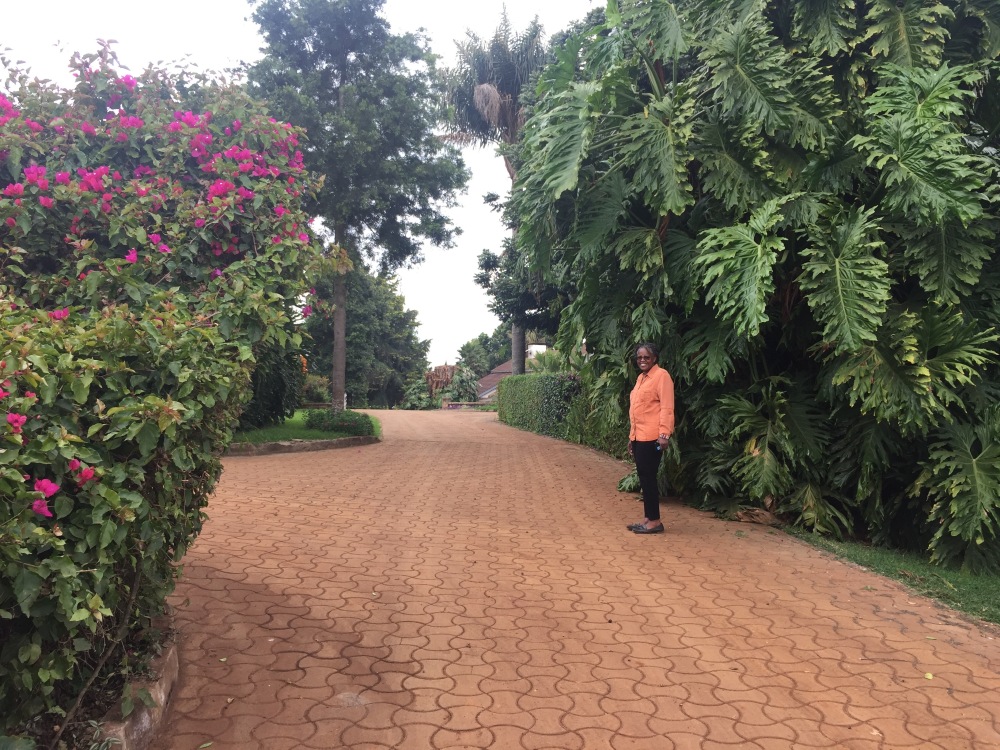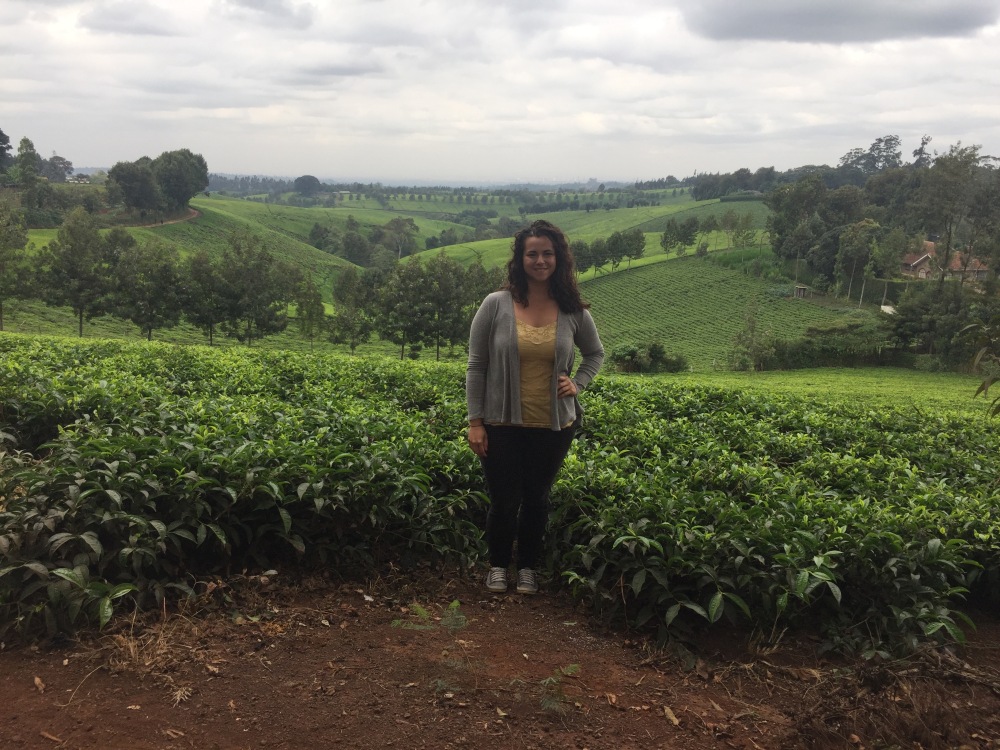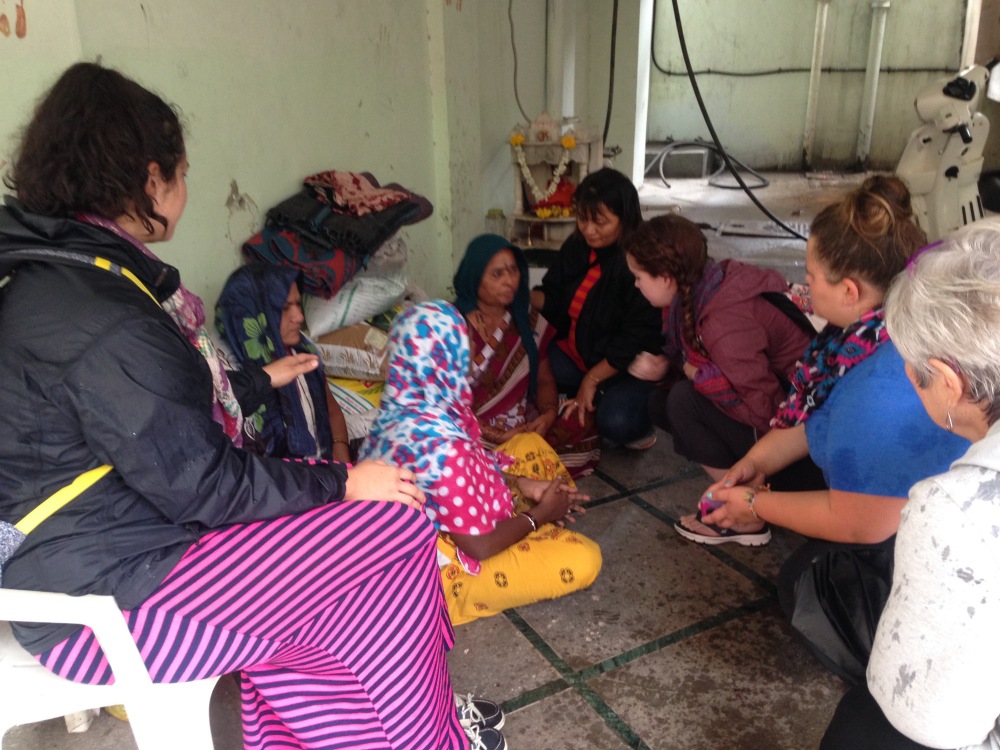“It turns out that the more you watch TV, the more you believe that the world is dangerous. It turns out TV watchers believe that an astonishing 5% (!) of the population works in law enforcement. And it turns out that the more you watch TV the less optimistic you become. Cultivation theory helps us understand the enormous power that TV immersion has.” – Seth Godin
I took a trip to East Africa this summer
It wasn’t all that surprising, I guess, for those that know me. Last year I went to India and China, and you can often find me exploring big cities in America’s sea to shining sea, and taste-testing every ethnic restaurant that catches my fancy. My friend group in Chicago includes a wide range of color, culture, and country of origin.
And I love it.
I love it because there’s no structure or paternalism. There isn’t one side of giving, and one side of receiving. It’s mutual. It’s authentic.
It is always easy? Not really. Sometimes I’m embarrassed I forget basic things — like how to pronounce the name of my friend from Iran who I met for the 2nd or 3rd time, or have to ask my friend why African Americans never learned to swim, or ask the girl with Indian heritage if she was a vegetarian (yes, oh yes, that did happen).
It’s hard because you want to be a part of the group, to be included, but the lack of knowledge exposes the breach of integration and your often complete ignorance.
I’m used to it now, used to the tension and the vulnerability of outsider-ness.
I even lean into it all. You see, it was really through that bumpy path that I found a lot of meaningful relationships, understanding of how people relate to each other, and what’s actually most important in this world.
Which leads me to the topic at hand:
Why were Americans concerned for me when I traveled to Africa?
I mean, did you forget that I live in Chicago? The city ravaged by gun violence like that of a war-torn country?
But let’s talk about that as it illustrates a similar vein: people across the country are scared of Chicago . . . until they really get to know me. They see how interesting my life is, all the fun places I visit and bike by on a daily basis, the generous and smart friends I have, the ground-breaking anti-trafficking work the city is nationally known for, and the beautiful gems in parks all around the city.
And, wouldn’t you know it, by the end of our conversation it seems like the narrative in their mind has changed a bit. “Hm, maybe Chicago isn’t that bad . . . I think I want to visit someday.”
Amazing how getting to know someone is so completely transformative.
So how do people get scared of places like Chicago? like Africa?
At some point information was passed on. And it was communicated in a way that best benefited the sender of the information.
Because those in power get to tell the stories they way they want to.
If money and ratings are the top motivator, then the human instinct to tap into is obvious:
Fear.
It pays. And it pays well.
Biologically, our minds and bodies respond much more strongly to fear because fear helps motivate us to protect ourselves in dangerous situations. We are conditioned to react intensely, fight or flight. We literally stop thinking with any sense or logic. The current situation triggers the mind to do one thing at the expense of all others in order to keep ourselves alive.
Are you afraid of the Boogie Monster?
We feed ourselves a constant flow of fear, which rarely depicts the reality of the world. We power up the computer and switch on the television, and then sit back for our daily dose of a hot cup of fear.
Television and internet articles bait us into fear, paralyzing fear. And we eat it up — it tastes so good, and so bad. All senses are heightened and triggered. Over time it becomes an addiction. Like a battered woman tied to her abusive husband, the trauma bonds entangle her in ways so deep it seems impossible to escape.
It’s hard to get used to normal when you’re always high on afraid.
I find it fascinating that so many people are afraid of something or someone they’ve never even seen or experienced.
Like the Boogie Monster hiding under the bed. Your 6-year old self has never seen it or experienced it, but your older brother has fed you terrifying stories for months and now you live in it’s reality.
The invisible Boogie Monster now controls you. And it’s not even real.
Do you think Africa is the Boogie Monster?
When you talk about Africa as an American, are your illustrations and references all about war and killings and terrorism and violence?
And maybe that really is all you know about Africa. Not all of us get the opportunity to live next door to foreigners or travel internationally in a culturally engaging way. But at least preface your perspective by saying, “But you know, the only source I’ve gotten my information from is television, popular media, and American missionaries– I’ve never actually visited or talked to Africans about this. And I could be wrong, but this is my perspective from where I stand.”
Television and articles gives us the illusion that we experienced something firsthand . . . when in reality we really haven’t. Yes, I know research is good and important and it’s often combined with “eye witnesses.”
But seriously take the time to read sources that are African-led and narrated, and then make some personal relationships that are mutual.
If you can’t do any of those things, I understand. We’re all busy. But don’t control and direct the conversation. You are more than welcome to listen and observe.
Let’s be friends
I’ve been on my own journey through this fear mindset. At one point I really did believe what everyone was telling me on television and articles and platforms.
And then I traveled. And was positioned in a place of non-authority where all I could do was listen, observe, and serve.
And I was shocked by how still and quiet it was.
There was no lizard-brain, fear-controlled actions. It was peaceful, and enjoyable, and full of connection.
That’s when I realized that media outlets and popular speakers and religion can heartily take advantage of your ignorance to keep you tied up and coming back for more. More television, more clickbait, more crazy headlines, more one-sided stories.
That’s when I decided to learn this for myself, to see the real story as much as I could.

Are there dangerous, evil things happening around the world and in Africa?
Absolutely. I just wrote about the tragic and rampant problem of child sex trafficking in Mombasa, Kenya; I visited the brothel districts in India that are trapping girls and women for generations and it’s backed by both culture and police; I see Chicago’s gun death tolls continue to rise at record lengths.
Yes, we acknowledge the danger. Yet refuse to be controlled by it. Once we welcome fear, then we have no option but to obey it.
And once we obey fear, we can never impact our environments. Because it’s already impacting us.
So the greatest lesson here? It’s not just that we shouldn’t be afraid of places like Africa due to emotionally-triggered news. It’s also not simply just that we should expose ourselves to more people and relationships outside our own culture.
It’s that fear has got to go so that we can impact our cities, and countries, and the world.
Because I bet you never read a world-changer’s autobiography that concluded with, “And then I cozied up in my overstuffed chair, turned on the television, and posted articles about the unbelievably terrible things happening in the world.”

New friends I met during tea time in downtown Nairobi

Staff from Christ Hope International making chapati for lunch in Kampala, Uganda

Mothers of the some of the children at Christ’s Hope International sharing their stories in Mwanza, Tanzania

My new friend Lucy showing me around her family’s tea farm and property in Kenya

The vast, beautiful tea farms in Limuru, Kenya

Talking with women from the brothel districts in India

Hanging out with children at a daycare in Nairobi

Exploring the streets of Hong Kong
“Once we obey fear we can never impact our environment….”
Awesome words you have here.
It’s interesting how the world views us, Africans…..I’m pretty sure some people still believe that we live in trees and commune with monkeys, even in this age of information. And you’re right about the media painting Africa like a war-torn continent. We do have our problems but for the most part we are a peaceful bunch. So thank you for this article.
Your blog is my new favorite place to be😄😄😄
Thanks for your kind words Mable! I had the time of my life while I visited and I can’t wait to go back. Just the food and dancing is enough to make it irresistible 😉 Best!